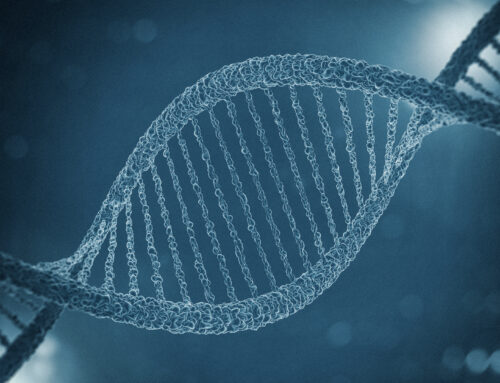By Guest Blogger Karen Litwack, LCSW
Jennifer Laston’s The Boy Who Loved Too Much: A True Story of Pathological Friendliness is an educational and inspirational story about Eli, a young boy with Williams syndrome, and the profound affect that this rare genetic disorder has on his life and the lives of those closest to him. Eli’s mother Gayle is his primary caretaker. While they love each other deeply, their relationship is constantly challenged by the wide-ranging impact of Eli’s overly loving disposition and Gayle’s desire to respond to the best parts of her son while trying diligently to help him master the complexities of school and family relationships.
Williams syndrome is caused by a deletion of about twenty-six genes from one strand of chromosome 7. About 1 in 10,000 individuals have Williams syndrome and may experience some of the following symptoms:
- Heart defects due to loss of the elastin gene
- Unique facial characteristics, such as a small upturned nose and full lips
- Short stature with pear shaped body type
- Mild to moderate intellectual disabilities
- A highly social and outgoing personality, which leads to indiscriminate affection for loved ones and strangers
- Unique language and musical abilities
Williams syndrome is sometimes described as the “opposite” of autism because individuals with autism often have poor social skills but stronger organizational, mathematical and special relations abilities. Autism is much more common than Williams syndrome, affecting approximately 1 in 68 people.
The book primarily focuses on Gayle’s role as a caretaker. Gayle sees herself as a fighter and nonconformist, qualities that serve her well as she battles for her son’s right to special education, specialized therapies and inclusive social activities. Over time, the amount of energy and resources she spends as a caretaker begins to consume her. As Eli matures, Gayle realizes that she needs to care for herself in order to be there for her son. This is a pivotal moment for Gayle, who isn’t sure how to create a life of her own with her current responsibilities. The book concludes as Eli triumphantly graduates from middle school. Gayle is proud of their accomplishments but also recognizes the challenges that lay ahead.
As a social worker, I would recommend this book to anyone involved in genetic services who has meaningful contact with patients and families. It’s important for healthcare professionals to recognize when caregivers can benefit from support services to successfully parent a child with a complex genetic disorder such as Williams syndrome. Individual and group counseling, organizational support (Gayle was active in the Williams Syndrome Association), participation in online forums and even respite care can all help sustain the around the clock effort it takes to care for individuals who require physical and emotional support.
For more information about William syndrome, visit https://rarediseases.org/rare-diseases/williams-syndrome/ or speak to the Center’s genetic counselor.


